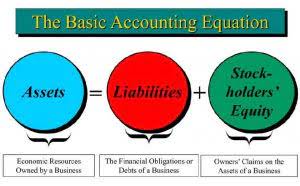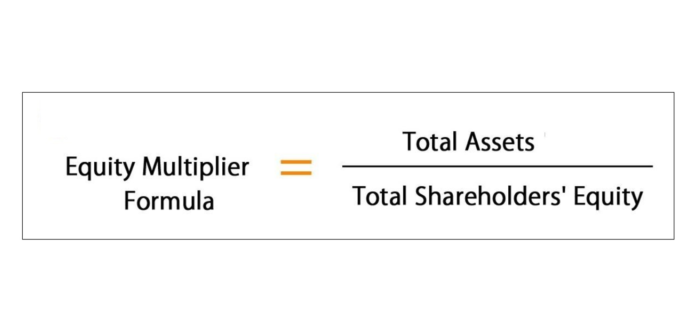Blog
Realization Concept In Accounting Revenue Recognition Principle
Under this principle, revenue is often recognized when the buyer and seller have signed a contract and the goods or services have been delivered or performed. In essence, the realization principle means income is recorded when an economic transaction is certain and the value of that transaction can be accurately measured. In other words, the revenue recognition principle is a crucial concept in accounting that guides the recognition and reporting of revenue in a company’s financial statements. By adhering to this principle, a company can provide accurate and reliable financial information that can be used by stakeholders to make informed decisions.
Completion of performance obligations
In a business, it is important to differentiate between the events that actually happen in the business and the cash collected in the business. Events are good predictors of future cash flow but the occurrence of an event does not always correspond with the collection of cash. Realization Principle determines when revenue is real or unreal, while Recognition Principle decides when the real revenue should be recognized in Income Statement. It states that a company should disclose all relevant information that could affect a user’s understanding of the financial statements. He has extensive knowledge of ASC 606 revenue recognition regulations and criteria and more than ten years of expertise in GL accounting, with a strong emphasis on revenue recognition.
What are accounting conventions?
In order to stay up to date with the latest accounting standards, companies must be aware of these changes and apply them accordingly. Some costs are incurred to acquire assets that provide benefits to the company for more than one reporting period. At the beginning of year 1, $60,000 in rent was paid covering a three-year period. This asset, prepaid rent, helps generate revenues for more than one reporting period.
BUS103: Introduction to Financial Accounting
The core principles of the realization concept are that income should be recognized when it is earned and expenses should be recognized when they are incurred. Realization concept offers a useful tool for businesses as it provides an opportunity to review financials without waiting for full payments to go through and provides customers with more payment options. The ability to track payments on an individual level further allows businesses to assess customer behavior and inform their marketing and sales strategies.
Materiality principle of revenue recognition
- Furthermore, recognizing income in the period in which realization occurs is significant to properly reflecting the financial performance of a business.
- After all, the current value of a company’s manufacturing plant might seem more relevant than its original cost.
- Furthermore, revenue should be recognized when goods are sold or services are rendered, whether cash is received or not.
- It dictates that purchased or self-constructed assets are initially recorded at historical cost.
- The effect of changing prices on financial information generally is discussed elsewhere in your accounting curriculum, often in an advanced accounting course.
To match the expenses of producing the product with the revenues generated by the product, the expenses and revenues are recognized simultaneously. Revenue recognition is generally required of all public companies in the U.S. according to generally accepted accounting principles. In many cases, it is not necessary for small businesses as they are not bound by GAAP accounting unless they intend to go public. SaaS companies that utilize subscription-based models typically recognize subscription revenue over time as services are provided, rather than upfront, per the subscription term.
FAR CPA Practice Questions Explained: Preparing the Statement of Financial Position
Realization of revenue Under the realization principle, the accountant does not recognize (record) revenue until the seller acquires the right to receive payment from the buyer. The seller acquires this right from the buyer at the time of sale for merchandise transactions or when services have been performed in service transactions. Legally, a sale of merchandise occurs when title to the goods passes to the buyer. The time at which title passes normally depends on the shipping terms – FOB shipping point or FOB destination (as we discuss in Chapter 6).
Minding the GAAP Revenue Recognition Principles
In the United States, the Internal Revenue Service (IRS) requires businesses to follow the https://www.bookstime.com/ for tax purposes, ensuring that income is taxed when it is realized. This alignment helps in maintaining consistency between financial reporting and tax reporting, reducing the risk of discrepancies that could trigger audits or penalties. The revenue recognition principle specifies five criteria that must be met before revenue can be recognized. These criteria ensure that revenue is recognized when it’s earned, and the company has substantially completed its performance obligations to the customer.
- With its powerful, scalable, and flexible solutions and products, RightRev can save your company from error-prone processes and wasted time sorting through contracts to ensure accurate and compliant GAAP revenue reporting.
- It also ensures that companies don’t prematurely recognize revenue or delay its recognition, both of which could distort the true financial performance of the entity.
- The ‘Convention of Conservatism’ states that a company should make a provision for a doubtful liability only if it can be ascertained with reasonable certainty that such an obligation exists.
- This prevents anyone from falsifying records and paints a more accurate portrait of a company’s financial situation.
- Realization concept offers a useful tool for businesses as it provides an opportunity to review financials without waiting for full payments to go through and provides customers with more payment options.






